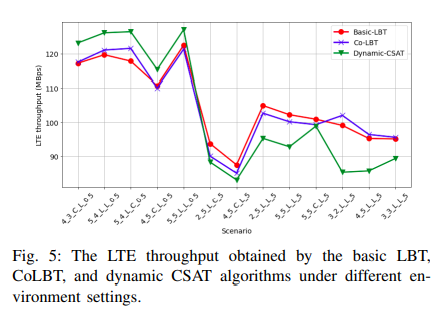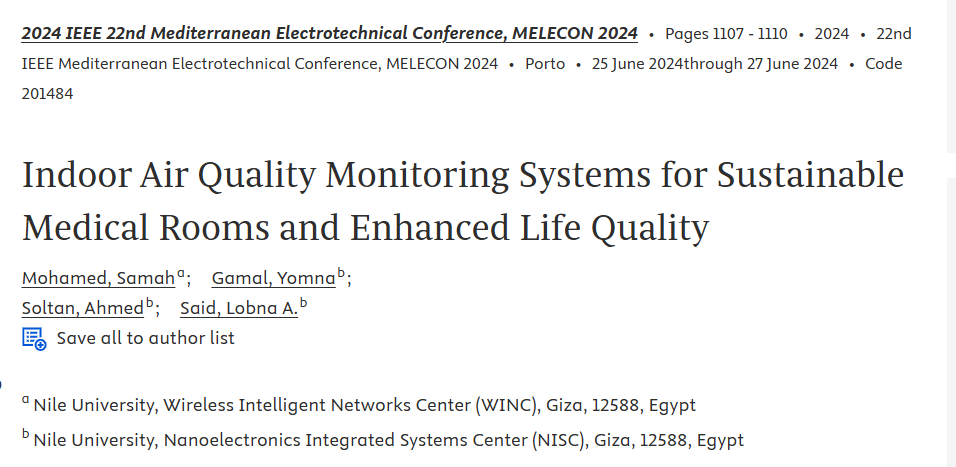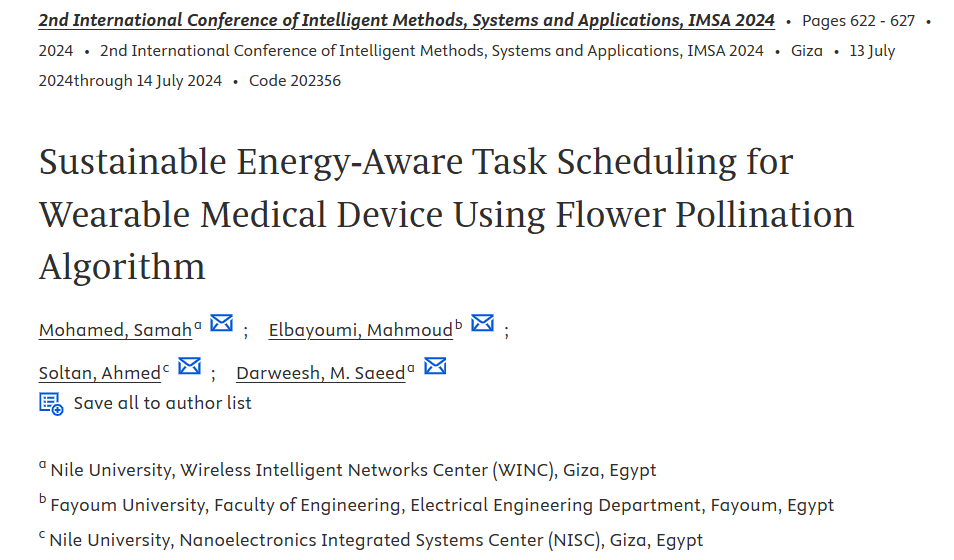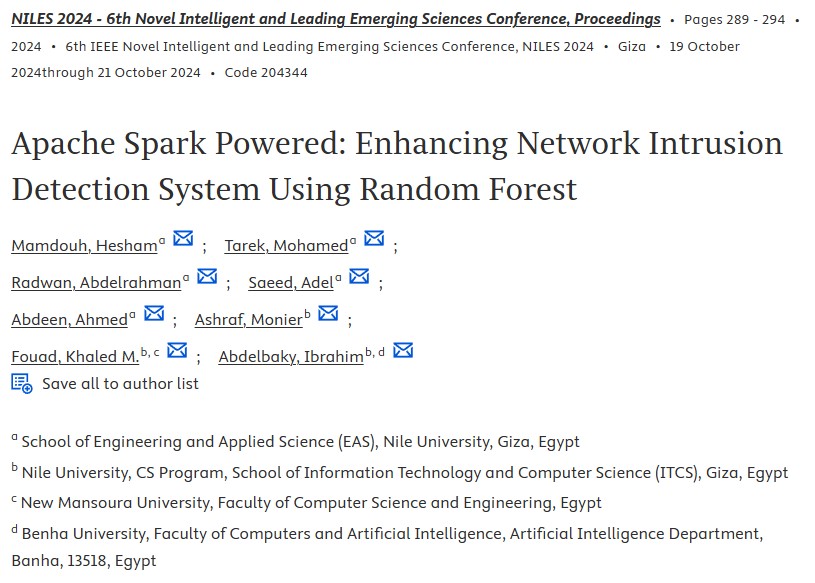
Machine Learning-based Module for Monitoring LTE/WiFi Coexistence Networks Dynamics
Long-Term Evolution (LTE) technology is expected to shift some of its transmissions into the unlicensed band to overcome the spectrum scarcity problem. Nevertheless, in order to effectively use the unlicensed spectrum, several challenges have to be addressed. The most important of which is how to coexist with the incumbent unlicensed WiFi networks. Incorporating the "intelligence"component into the network radios is foreseen to resolve the intrinsic network challenges, rather than conventional non-adaptive action plans. Specifically, an intelligent cognitive engine (CE) that continuously monitors the environment, and dynamically decides upon the best mechanisms and their configuration to suit a given scenario, is essential. In this work, we propose a machine learning-based monitoring module that provides real-time situational awareness that is envisaged to provide the necessary adaptivity, intelligence, autonomy, and learning capabilities. The objective of the proposed intelligent monitoring module is to sense, assess and select the most appropriate scheduling and resource allocation (SRA) algorithm at each LTE base station, according to the different coexistence scenarios. We propose a random forest classifier that maximizes the overall LTE throughput without degrading that of the WiFi network. Numerical simulations are presented to demonstrate the effectiveness of the monitoring module in achieving robust adaptive results under new unfamiliar network environments. Furthermore, we shed some lights on the comparison between the performance of multiple SRA algorithms under dynamic network settings. © 2021 IEEE.




